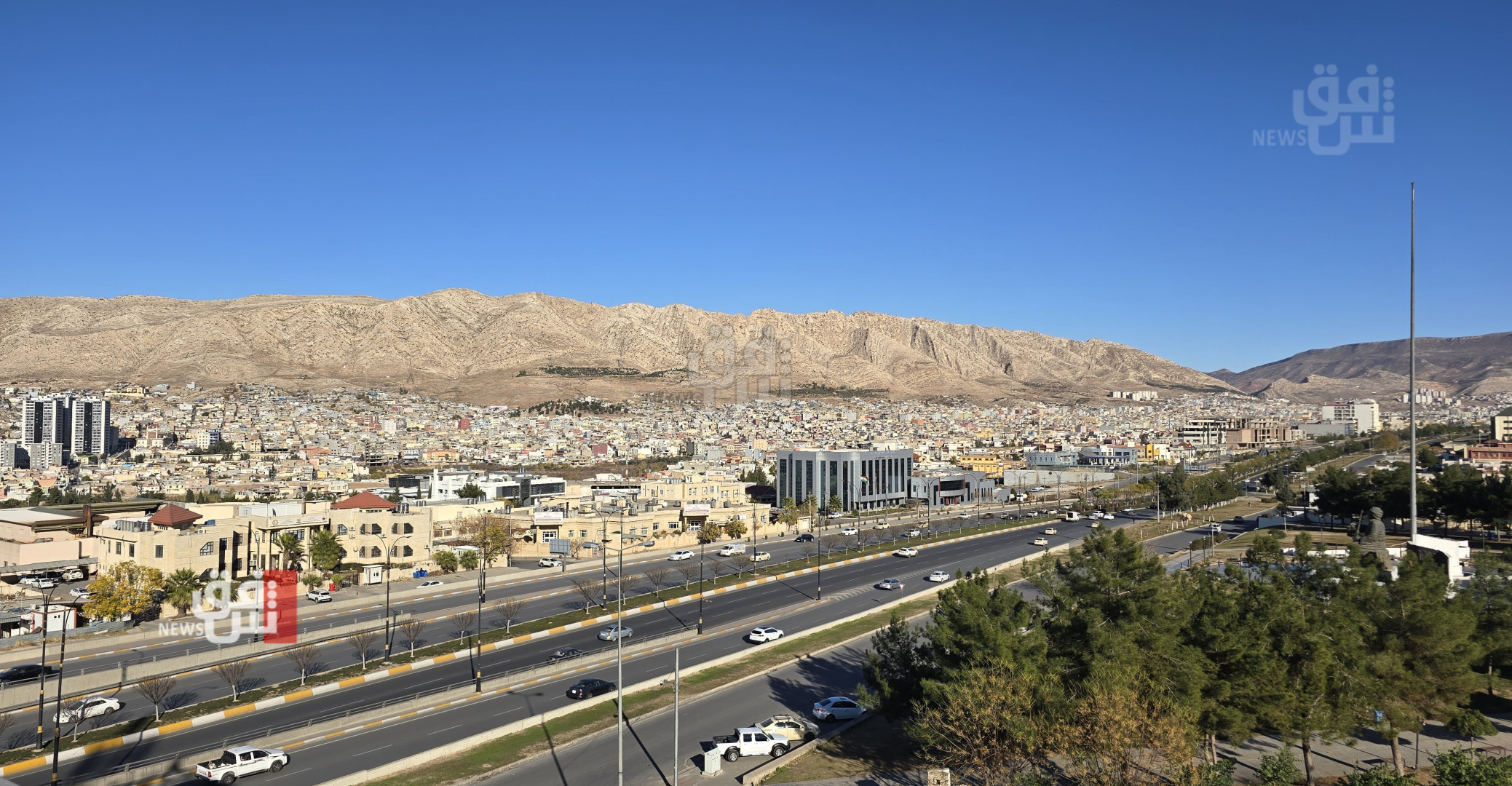Kurdish Islamic scholars reject Proposal to amend Iraqi Personal Status Law

Shafaq News/The Union of Islamic Scholars in the Kurdistan Region rejected the inclusion ofthe proposed amendment to the Iraqi Personal Status Law on the parliamentaryagenda for Sunday’s session.
Thestatement quoted Union spokesperson Mullah Abdullah Shirkawi as saying that“the Union of Islamic Scholars in Kurdistan places great importance onreligious matters and issues related to personal and family affairs…afterreviewing the proposed amendments and the current provisions of Law No. 188 of1959, which is based on Islamic jurisprudence, the Union believes that theexisting law adequately addresses family matters,” noting that the law “hassuccessfully maintained balance and justice among Iraq’s diverse communities,treating citizens equally under a civil framework and fostering social cohesionand family bonds.”
he Unionargued that “there is no need to amend the current provisions, as no legal gapsnecessitate changes,“ viewing the proposed amendments as “detrimental to bothIraqi and Kurdish societies and suspect ulterior motives behind the proposal.”
Consequently,the Union opposes the proposed amendments and calls on relevant authorities toact responsibly in this matter.
What Are theProposed Amendments in Personal Status Law?
The PersonalStatus Law, enacted in 1959 under Prime Minister Abdul Karim Qasim, currentlyapplies to all Iraqis without sectarian distinction. However, the proposedamendments include a provision allowing Iraqis to choose whether Shia or Sunnilaws will govern their personal status matters at the time of marriage. Thosewho have not previously selected a specific sect's laws can request a personalstatus court to apply their chosen sect's religious laws, with the courtrequired to comply.
The draftlaw also stipulates that if parties in a family case disagree on the applicablelegal source, the religious opinion will prevail.
It furthermandates that the Shia and Sunni Endowment Councils, in coordination with theState Council, draft a code of religious rulings on personal status issues andsubmit it to the Parliament for approval within six months of the Law'senactment.
Additionally,the amendment requires personal status courts to validate marriage contractsperformed by Muslims before individuals authorized by religious or legalauthorities, ensuring all contract elements and conditions are met.
Shia voiceswithin the "Coordination Framework" believe the amendments align withthe federal constitution and address many family-related issues. However, civilsociety activists and other political parties criticize the amendments sincethis Law is "best in the region."



